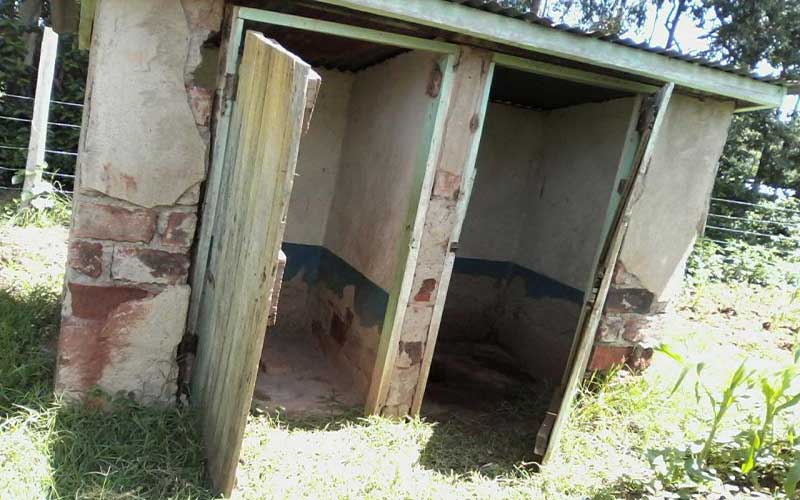×
The Standard e-Paper
Stay Informed, Even Offline

Toilets at Lirhembe Primary School in Kakamega County as at May 2019. [File, Standard]
World Toilet Day is celebrated annually on November 19 to raise awareness of the important role toilets play in our society.